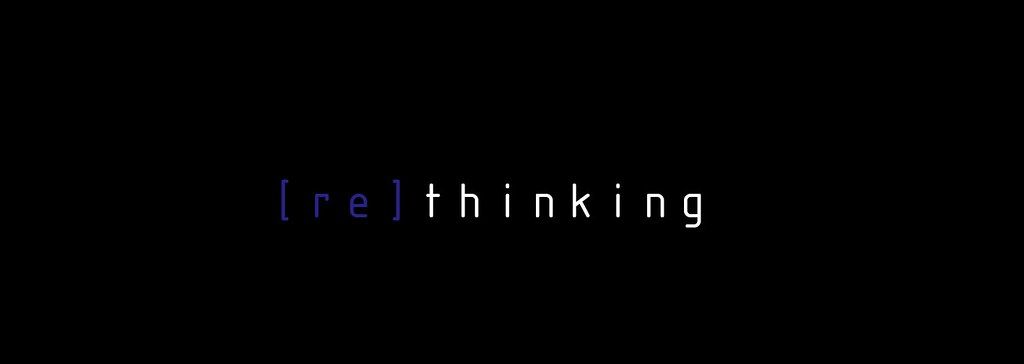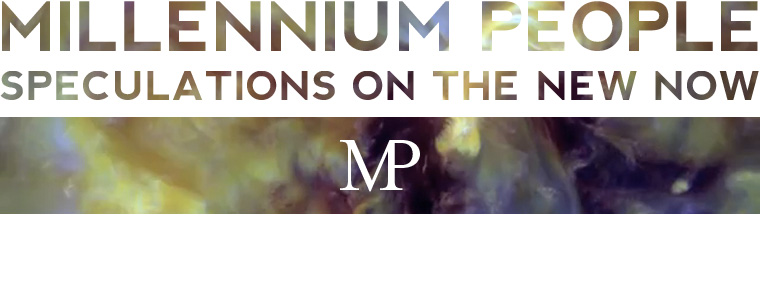
When Millennium People becomes a collective (around its first birthday in July) it may or may not adopt the title of Think Tank. In order to justify such a term MP has to start having an influence. Here's a suggestion: no one should use square and round brackets to name projects anymore. That era is over.
The practise of hid[in]g words within words began sometime around the beginning of last decade, popularised perhaps by the increasing use of code (in particular Java and Python) to script architectural forms. For those of you unfamiliar with this as a design tool, the idea is basically to write a small computer programme that defines certain parameters (this might be about the shape, or the limits or the function) of a particular element (say, a facade). You then use this little programme (a script) to generate your architectural solution, or a million architectural solutions. I can only imagine that it was the syntax of these scripts, which often involve defining commands through (round) or [square] brackets that led teachers and students to apply it to their design titles.
For example, the 2005 student book produced by UNSW's Faculty of the Built Environment (located within a bright terracotta building) was "Re[a]d Centre". You see what they did there? This is banal, but fairly innocuous. Versions that really irritate me tend to suggest another meaning through the inclusion of the brackets: "[Re]thinking Architecture", "[De]sign ", "Mor[e]ph", "Tran[s]tasis", and so on. This format ranks up there in the idiocy charts with unneccessary triple slashes /// and NASA's weird acronyms ('CUM BLOW' = cumulative booster lift-off weight).
Back to the [], the problem stems from the basic indecision of this naming. Rather than making me think the authors are innovative or cutting-edge, it just makes me think they can't make up their minds. You are either reading architecture or you're re-reading it. You can't do both simultaneously.
Remember your first e-mail address? If you're like me it was probably something ridiculous like 'self_inspired' or 'groovy_gurl350'. The novelty of the e-mail address made this kind of acceptable. It was a pseudonym and never meant to be associated directly with the user. The Internet was a place of anonymity back then. Nowadays the trend has generally been away from yahoo and hotmail towards gmail, with straightforward and serious formatting: name.surname@gmail.com. The same is true of this naming technique. We're a bit more grown up now, and it's time to move away from these childish appellations.
P[ass] it on.

Well, I have to disagree here. The bracketed letters thing was already around by the late seventies, and comes from Eisenman via Derrida. I do agree, however, that it's pathetic.
ReplyDeleteOr should that be Derrida via Eisenman? Either way, it makes sense if language is your field of study, but I find it hard to forgive from such a smuggernaut as P.E.
ReplyDeleteword.
ReplyDeleteand what's so childish about a nom-de-net?
ReplyDeleteunsw keeps it coming
ReplyDeletehttp://www.revision09.com/